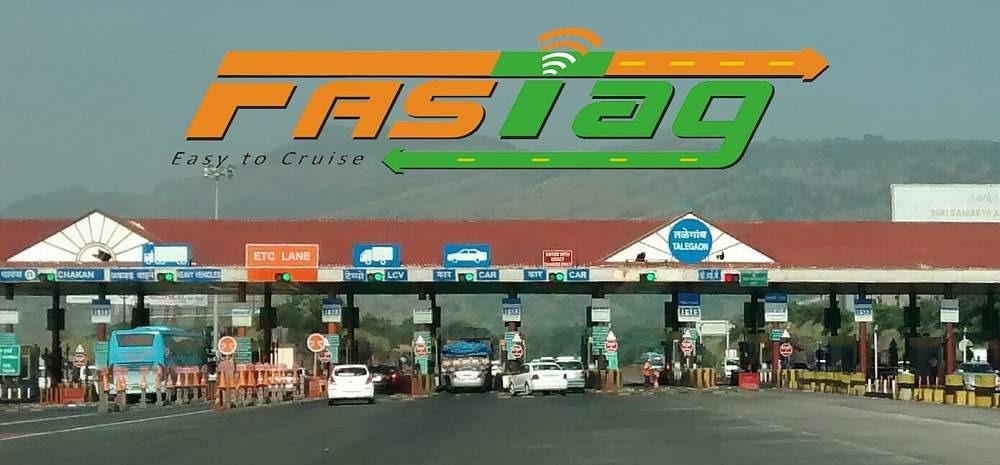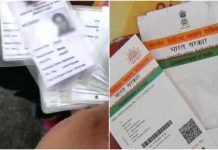We explore the advantages and benefits of monitoring vehicles via RFID.
The objective of UIDAI backed Aadhaar Card for every citizen was identifying citizens, and easing the process of welfare remittance and tax collection easier.
The same concept is now being implemented for every vehicle on the road – A unique ID which will help to create a massive database of all vehicles, providing run time information about their whereabouts, and status to the relevant authorities.
We will explore the advantages and benefits of this new initiative by the Govt., related to monitoring vehicles, via RFID.
But the question which is now being raised is: Like Aadhaar, will RFID based IDs for vehicles become mandatory? And, will it invade our Right to Privacy?
Fastags Converting Into Vehicle Aadhaar?
Last year in April, National Highways Authority of India (NHAI) formally launched Fastags, which are Radio-frequency identification (RFID), across 275 toll plazas.
This was mainly done to digitize the process of toll collection, and enable smooth flow of traffic, which often gets interrupted due to toll collection at various intervals on the highway.
It was estimated that Govt. will save approximately Rs 60,000 crore, annually, by implementing this e-toll facility via Fastags. This saving was estimated from fuel saved, time saved, and other factors.
Now, as these Fastags are getting populated with data related to the vehicles, NHAI is now mulling launching several new initiatives and plans, based on the usefulness of RFID and their capability to store information.
Such is the enthusiasm regarding this plan, that NHAI has already started referring these Fastags as the ‘Vehicle Aadhaar’, during their meetings. (this was verified by The Hindu)
What Are The Advantages Of Fastags?
The advantages are, no doubt, numerous.
For instance, imagine a scenario wherein you are no longer required to carry your pollution certificates, insurance certificates, registration documents etc, with you.
All these information would be stored in the Fastags, and can be checked at run-time via sensors deployed all over the city.
In fact, NHAI officials are planning to implement this structure via Smart City plans, across India. Encrypted data like engine and chassis number has already been inserted into the Fastags by NHAI officials, as more and more inclusion is being planned.
Another advantage: Based on the location of these Fastags, the vehicle owners can also get discounts and offers, directly from the Govt. or private companies, based on the age of the vehicle, location, distance travelled and more.
In short, a complete Aadhaar-type ecosystem concerning vehicles, using technology and digital medium.
Govt. of India has already declared that every new vehicle sold in India has to be equipped with Fastags, and this means that Aadhaar-type ID system for vehicles is not a distant dream any more: It is happening right now.
Few facts and data related with Fastags, as of today:
- 6 lakh such tags are already on various vehicles in India
- Out of Rs 50 Crores toll collected every day, Rs 8 crore or 17.4% comes via Fastags
- Almost every toll plaza in India is powered with RFID reader for smooth toll collection
- At least one lane of 371 RFID powered toll plaza is now dedicated for e-toll collection via Fastags
- 371 RFID enabled toll laze covers 50,000 km. of NH, managed by Ministry of Road Transport and Highways.






























